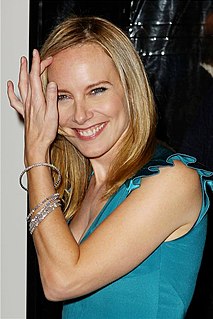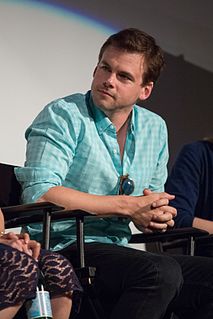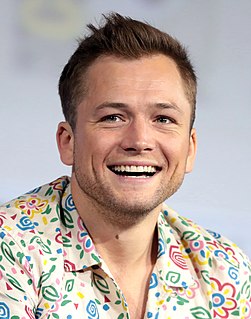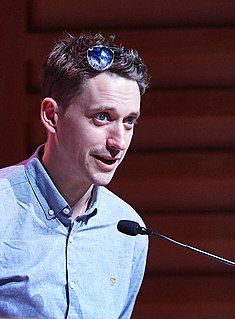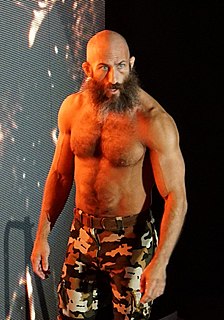A Quote by Jonathan Raban
The [travel] writer, looking back at the journey from a distance of a year or two (or three), is a different character from the hapless character who undertook the trip: wise after the event, with the leisure to tease out meanings from the experience that the distracted traveler never had, and often impatient with his alter ego's blinkered and unsatisfactory version of things.
Related Quotes
When you're on a movie and the production department says, "We need old photographs of you - your character - when you were 20-years-old." I usually tell them it's in storage or I had a fire. I go back to these old photos and there's never a good photo or they're of times that I'm so glad I'm out of. They have nothing to do with the character that you're playing, so it feels false. That's one of the hardest things for me in terms of looking back.
This is a corny actor thing to say, but the first step is that you can't judge the character that you're playing. If it's built in three-dimensional fashion, you'll just play a character who's going out and seeking the best version of their life that they can find. That gives the character an accessibility that everyone can identify with.
When you're looking for a house, you're not looking for a house that's perfect. You're looking for that house to have character. And I think it's those little bits of humanity they come from the music. That's what the music brings out when you have that, it brings out the character of a song. You go back and listen to 30, 40 years of music, and all the great, great songs that we've had in our lives, they all have that character. They have that human nudge, they all have that human relation. You can relate to it.
The endless teen franchises that come out of Hollywood... more often than not, the central character doesn't have any discernible character traits. They're just the young, good-looking guy who goes on this journey. They're always played by fantastic young actors, but ultimately, they're not very interesting characters.
I'm not a writer; I'm an actor. My job is to take whatever character I'm given and - especially because I have the responsibility of being a black actress, and I know young black girls are looking up, and everyone's looking to what's on television - to just try to give whatever character I'm playing as three-dimensional a portrayal as I can.
Things may not go to plan, but the unexpected throws up experiences and opportunities you had never dreamed of. I didn't get into Oxford the first time. I was absolutely heartbroken. Instead of going anywhere else I took a year out and reapplied. I wish I'd had some kind of framework for that year out, instead I worked in a Virgin Megastore. But looking back it taught me a lot, and meant my university experience was different, not worse. In the end, your grades aren't as important as the people you meet, and you can meet them anywhere.
Often the deep valleys of our PRESENT will be UNDERSTOOD only by LOOKING BACK on them from the mountains of our FUTURE experience. Often we can’t see the LORD’S HAND in our lives until long after the trials have passed. Often the most difficult times of our lives are ESSENTIAL building blocks that form the FOUNDATION of our CHARACTER and pave the way to FUTURE opportunity, understanding, and happiness.
The flimsy little protestations that mark the front gate of every novel, the solemn statements that any resemblance to real persons living or dead is entirely coincidental, are fraudulent every time. A writer has no other material to make his people from than the people of his experience ... The only thing the writer can do is to recombine parts, suppress some characterisitics and emphasize others, put two or three people into one fictional character, and pray the real-life prototypes won't sue.
What drew me to Batman in the first place was Bruce Wayne's story, and that he's a real character whose story begins in childhood. He's not a fully formed character like James Bond, so what we're doing is following the journey of this guy from a child who goes through this horrible experience of becoming this extraordinary character. That, for me, became a three-part story. And obviously the third part becomes the ending of the guy's story.
One nourishes one's created characters with one's own substance: it's rather like the process of gestation. To give the character life, or to give him back life, it is of course necessary to fortify him by contributing something of one's own humanity, but it doesn't follow from that that the character is I, the writer, or that I am the character. The two entities remain distinct.

